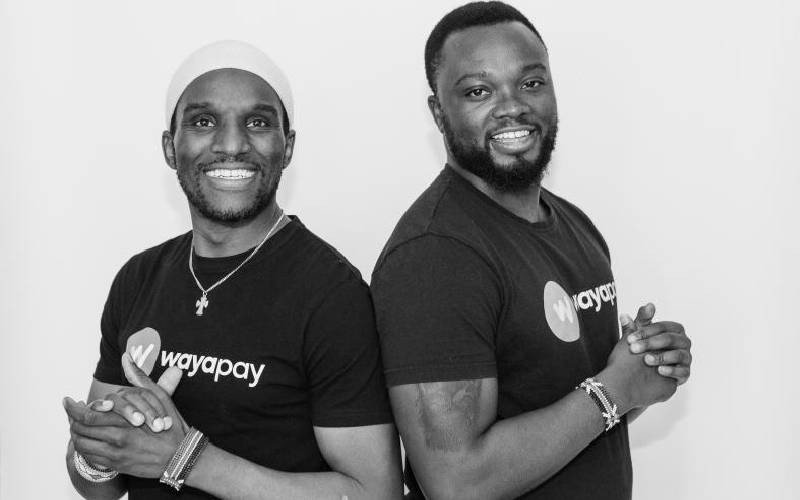×
The Standard e-Paper
Join Thousands Daily

Three and a half years ago, two men embarked on a project that would see the growth of a unique and convenient financial technology platform.
The two, Dr David Wachira and Hempstone Maroria, came from different professional backgrounds.